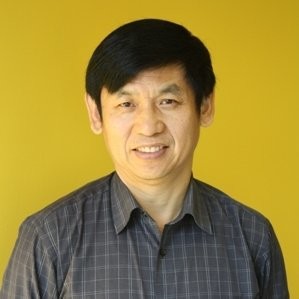
Title: The development of artificial intelligence and the comparison between Chinese and Australian education systems
Speaker: Chengqi Zhang
Time: September 17, 2019 (Tuesday) 18:30-20:30
Venue: International Academic Lecture Hall (west side of the library), Jilin University Central Campus
Organizer: School of Artificial Intelligence
Abstract
With the increasing use of artificial intelligence (AI) in various fields, it has become one of the hottest research topics. There is no doubt that artificial intelligence will have a huge impact on human work and life. This report will give a brief introduction to the history of artificial intelligence, mainly about the development of AI research and application. Besides, we will also discuss the possible future of artificial intelligence development. I will also talk about the Australian education system, University of Technology Sydney's (UTS) Advantage Research fields, and Admissions Planning.
Short biography of Dr. Chengqi Zhang
Chengqi Zhang is the Vice President of the University of Technology Sydney (UTS), Chair of the Australian Artificial Intelligence Council, and General Chair of the International Joint Conference on Artificial Intelligence (IJCAI) 2024. Prof. Zhang obtained his Bachelor degree from Fudan University in March 1982, Master degree from Jilin University in March 1985, PhD degree from The University of Queensland in October 1991, followed by a Doctor of Science (DSc – Higher Doctorate) from Deakin University in October 2002, all in Computer Science. Prof. Zhang’s research interests mainly focus on Data Mining and its applications. He has published more than 300 research papers, including a number of papers in the first-class international journals, such as Artificial Intelligence, IEEE and ACM Transactions. He has published seven monographs and edited 16 books. He has delivered 16 keynote/invited speeches at international conferences. He has attracted 13 Australian Research Council grants. Due to his outstanding research achievements, he had been awarded 2011 NSW Science and Engineering Awards in Engineering, Information and Communications Technology category.

